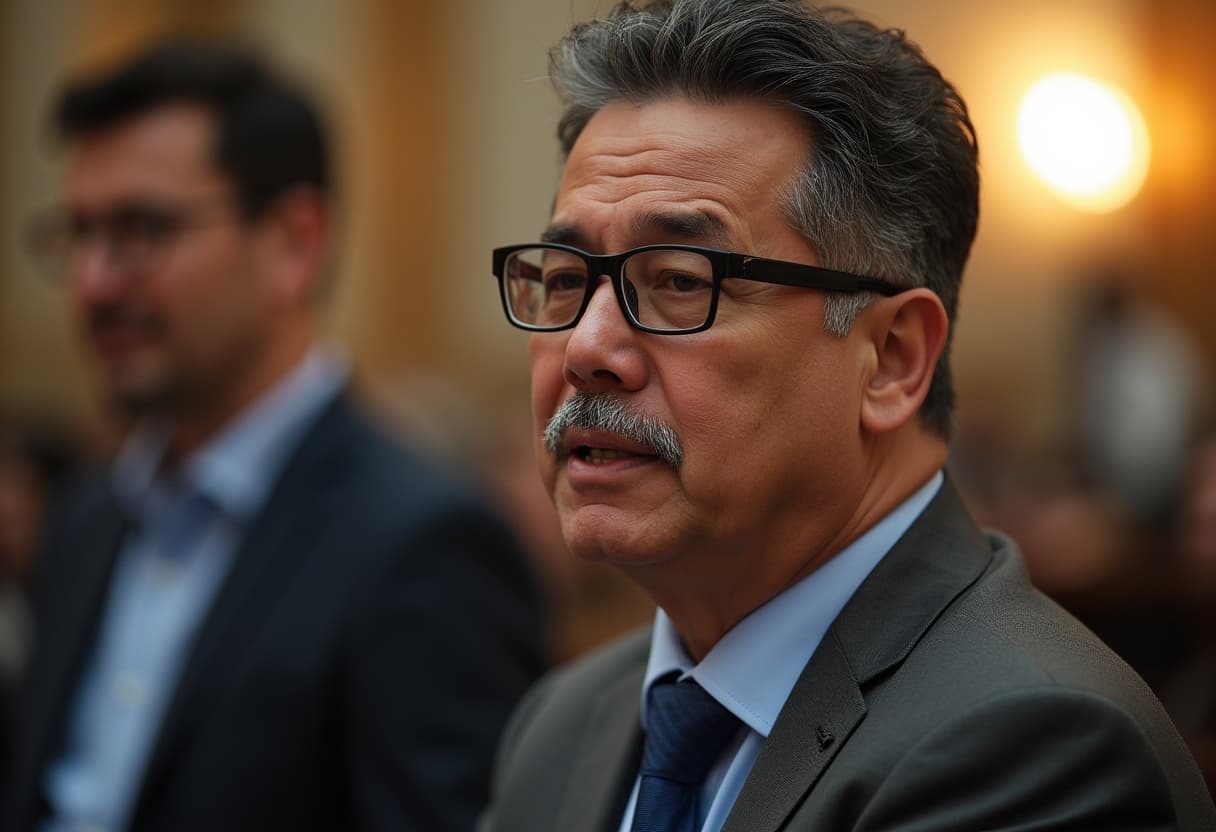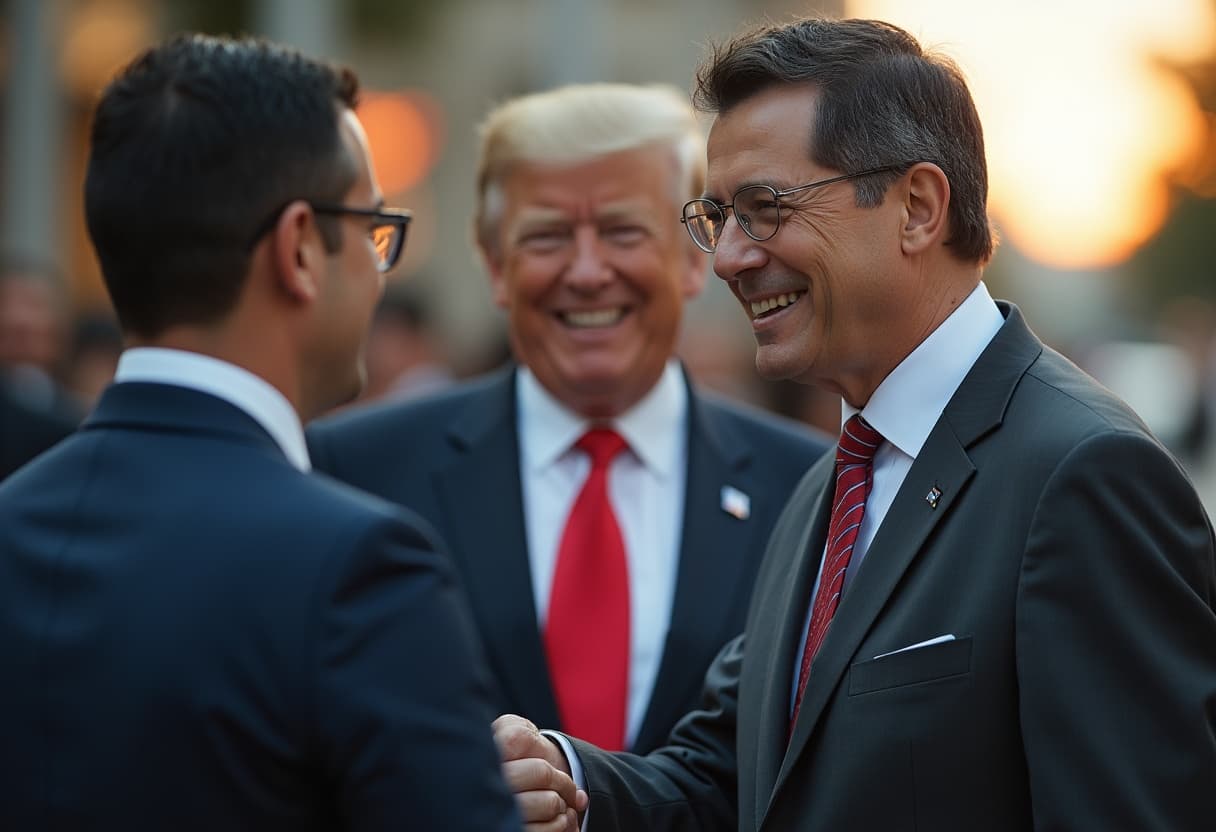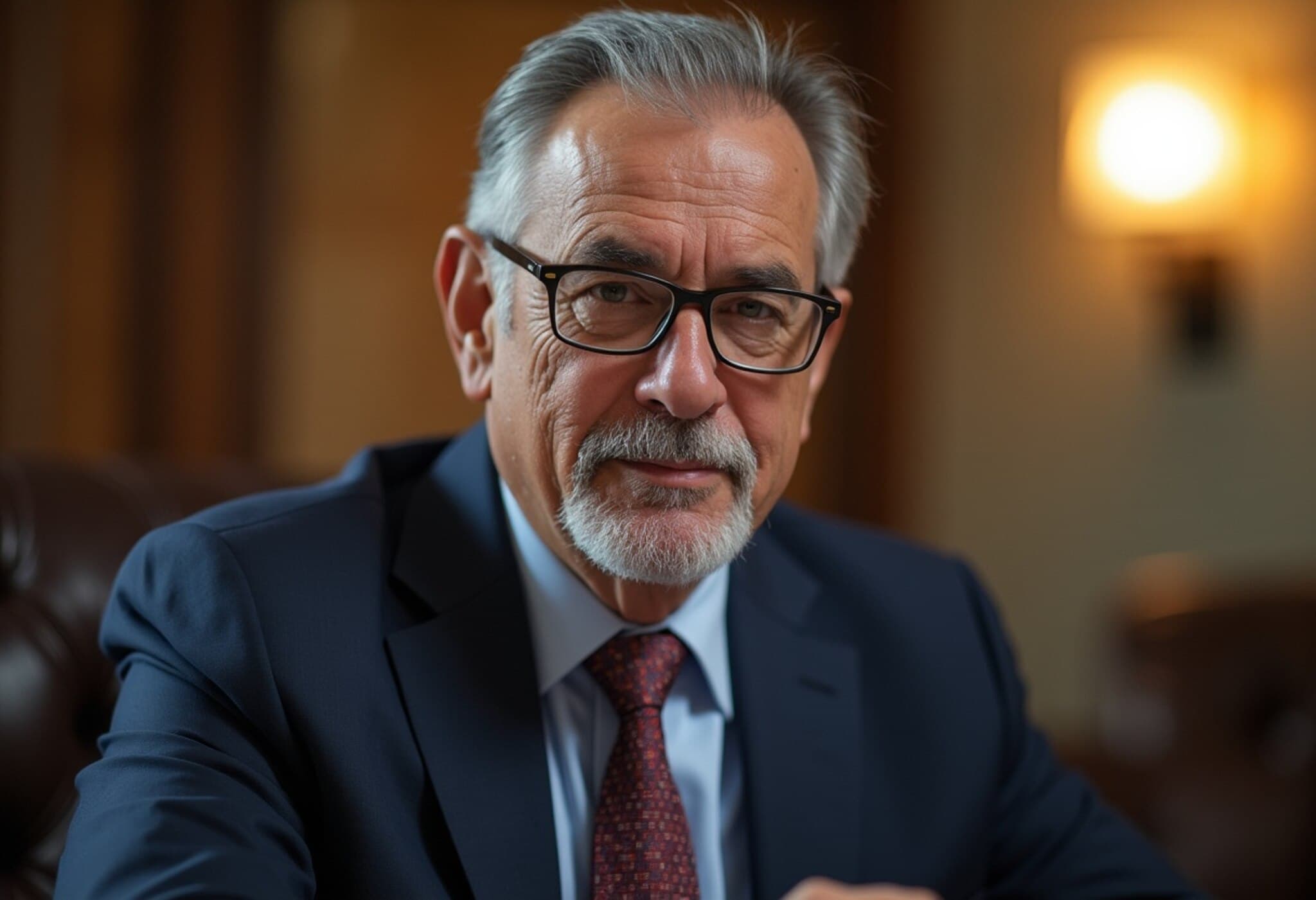President Gustavo Petro’s Comment Sparks National Debate
In early September 2025, Colombian President Gustavo Petro touched off a firestorm across social media and political circles after making a sweeping statement about men named “Brayan” — a name laden with social stereotypes in Colombia. During a public remark, Petro dubbed these men, commonly perceived as lower-income delinquents, as "vampire men" who abandon women after impregnating them. This blanket characterization was met with immediate backlash, satire, and lawsuits, revealing complex intersections of class, identity, and prejudice in Colombian society.
The Name 'Brayan': A Marker of Aspiration or Stigma?
Much like how “Karen” in the United States has become shorthand for an entitled or difficult woman, “Brayan” in Colombia often carries a stigmatized connotation. It unofficially describes young men from working-class neighborhoods perceived as irresponsible or reckless. Yet, experts say the origin of this stereotype ties into deeper social and cultural dynamics.
Colombian journalist Juan Mosquera explains, "Names like Brayan often reflect anglicized aspirations in lower-income families aiming for upward mobility." However, these names have been weaponized into symbols of insolence and delinquency, unfairly painting an entire demographic with a broad brush.
Social Media Reaction: From Satire to Organization
- Brayan Mantilla, a well-known social media influencer sharing the name, launched a tongue-in-cheek campaign demanding a National Brayan Day and formed the Colombian Brayan Association to challenge the stereotypes.
- Fast-food chain Burger King jumped into the fray, offering discounts to customers named Brayan, highlighting how commercial entities capitalized on the trending social controversy.
- Two men named Brayan have filed lawsuits against President Petro for defamation, underscoring legal and human rights concerns triggered by the remarks.
Expert Voices: Beyond the Meme
Brian Fernández, an architect from Medellín who excelled academically despite growing up in an environment plagued by gang influence, offers a compelling counter-narrative. He said, "Many assume the name equals a bad character, which holds me back professionally and socially. I support Petro’s broader agenda, but these comments stigmatize people unfairly."
This controversy has also shone light on how names can serve as social markers, with implications far beyond personal identity — affecting access to jobs, respect, and opportunities.
Government Response: Joke or Judgment?
Interior Minister Armando Benedetti downplayed the incident, calling Petro’s words a joke and affirming the government's commitment to social inclusion. He emphasized Colombia's expansion of free education as a tangible pathway for working-class citizens to break barriers, regardless of their names or backgrounds.
Yet the episode raises critical questions about the responsibility of public figures in addressing or inadvertently reinforcing social biases.
Context: Petro's Leadership and Controversies
Elected in 2022 as Colombia’s first leftist president, Gustavo Petro’s tenure has been marked by ambitious reforms and polarizing statements. While pursuing environmental and agrarian reforms, his confrontational communication style has drawn criticism — including the recent naming of cabinet meetings as platforms for unscripted remarks that sometimes alienate constituents.
Most notably, his comments on men named Brayan reflect broader issues of systemic classism, entrenched prejudice, and the social divides that challenge Colombia’s progress toward equality.
Looking Ahead: The Power of Names and Narratives
This incident highlights an often-overlooked social phenomenon: the power of a name to influence life trajectories and societal standing. The “Brayan” stereotype is not just a cultural quirk; it is a symptom of larger structural inequalities in Latin America and elsewhere.
As Colombia grapples with its social and political future, President Petro’s remarks offer a lens into how language, leadership, and identity intersect — serving as a reminder of the delicate balance required from public officials when addressing deeply rooted social issues.
Editor’s Note
The reaction to President Petro’s comments reveals how stereotypes encoded in names affect dignity, opportunity, and social cohesion. It invites readers to consider: How can societies move beyond harmful generalizations to foster empathy and inclusion? And what role should leaders play in either bridging or widening divides? This debate goes beyond Colombia, posing universal questions on respect, class consciousness, and the narratives we endorse.














